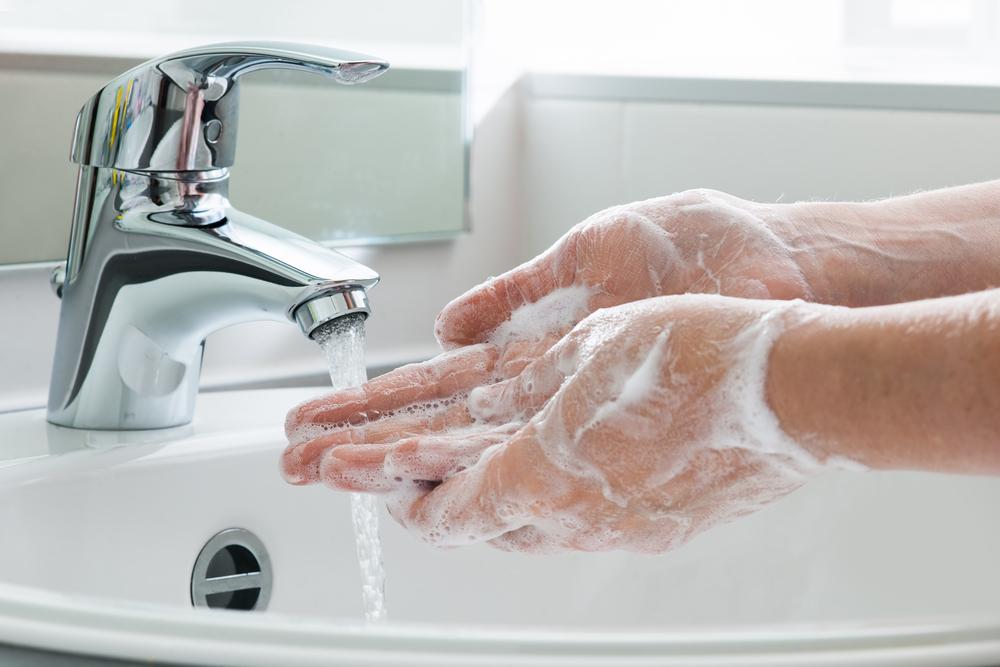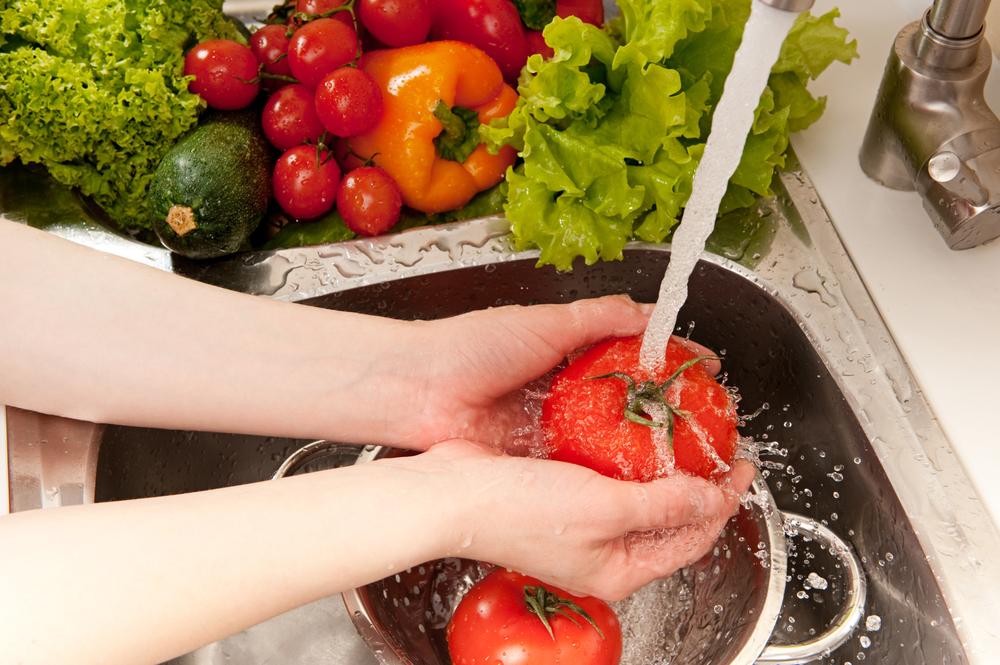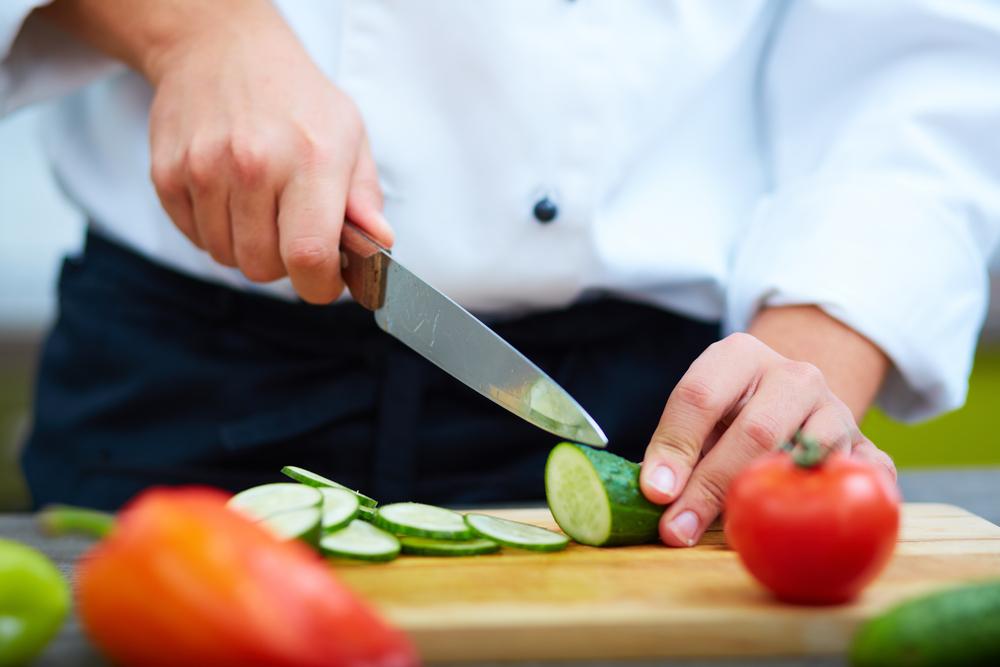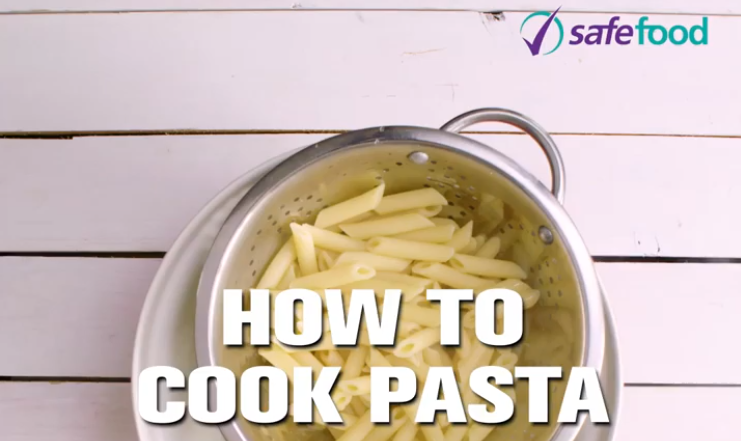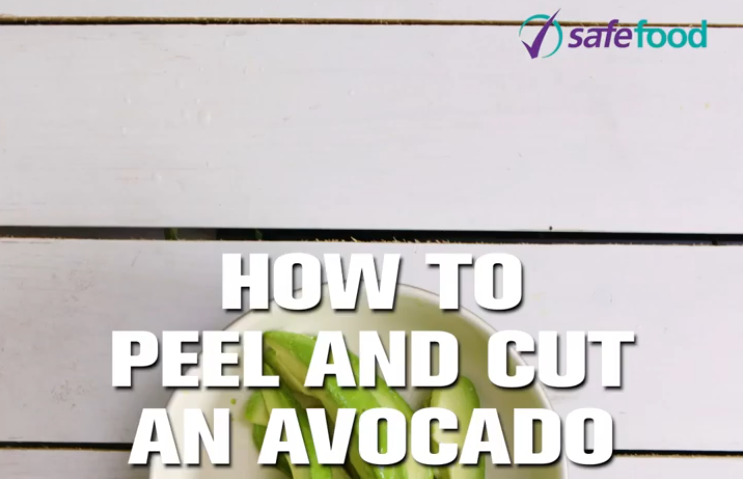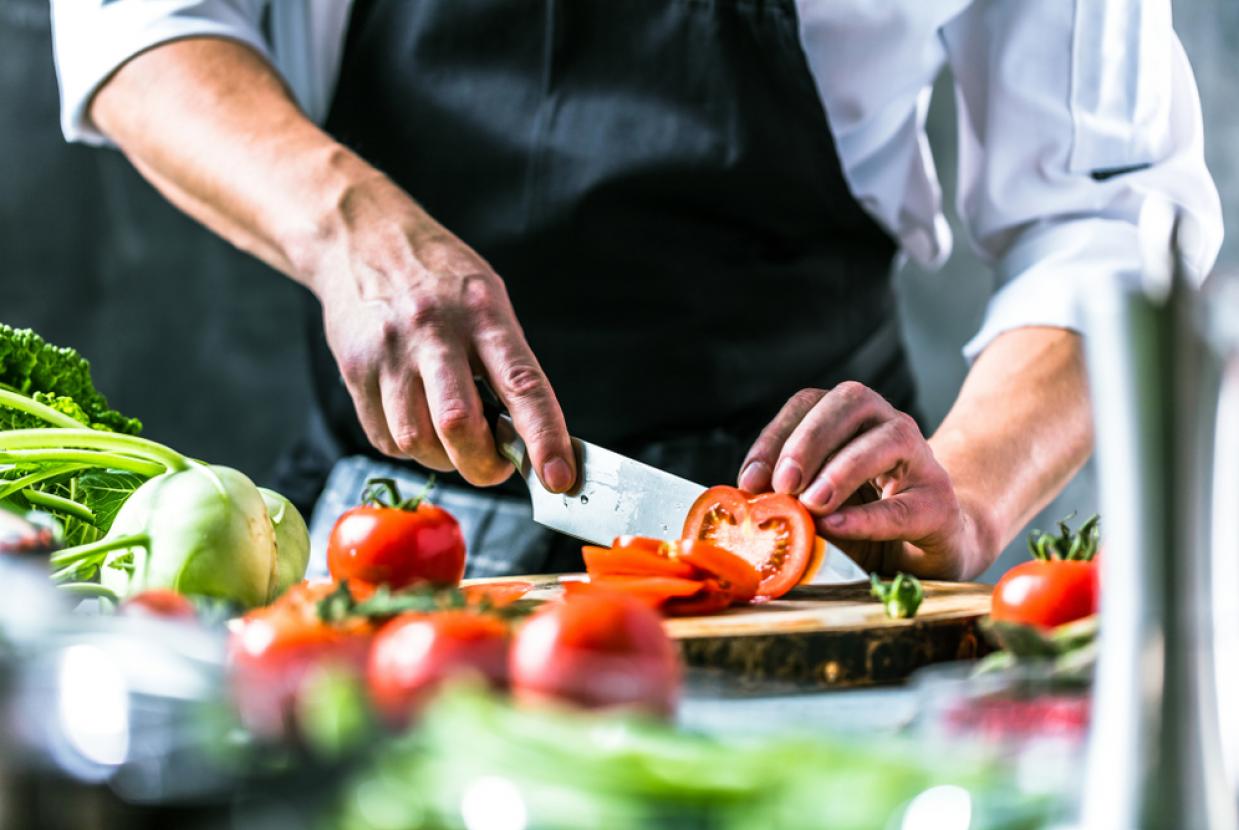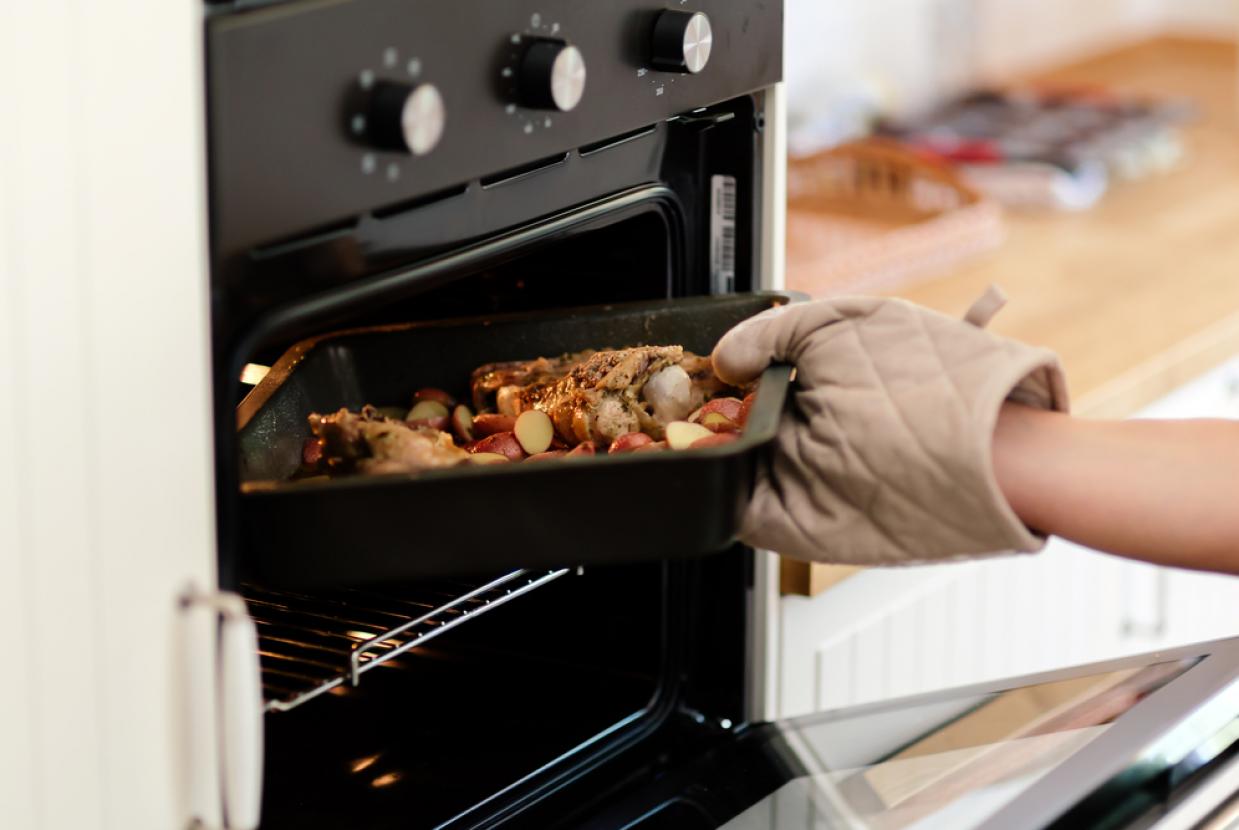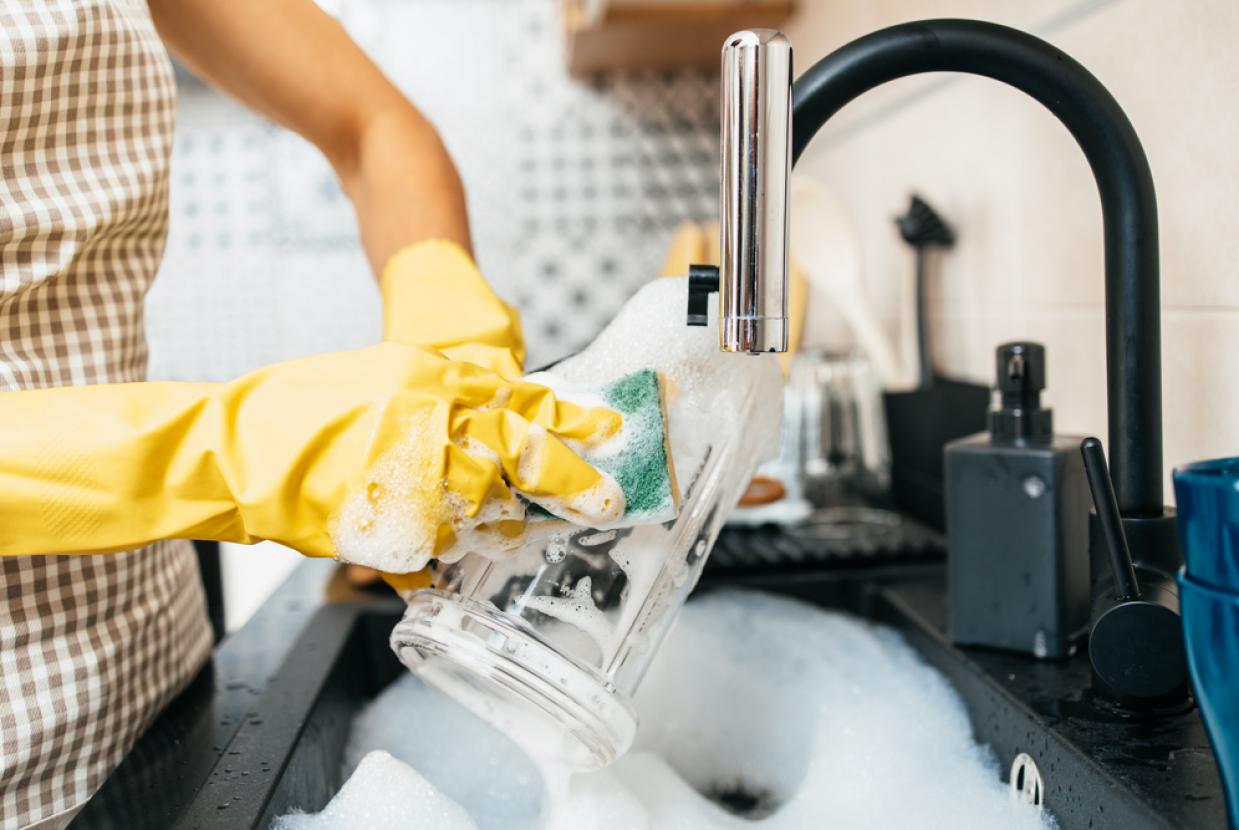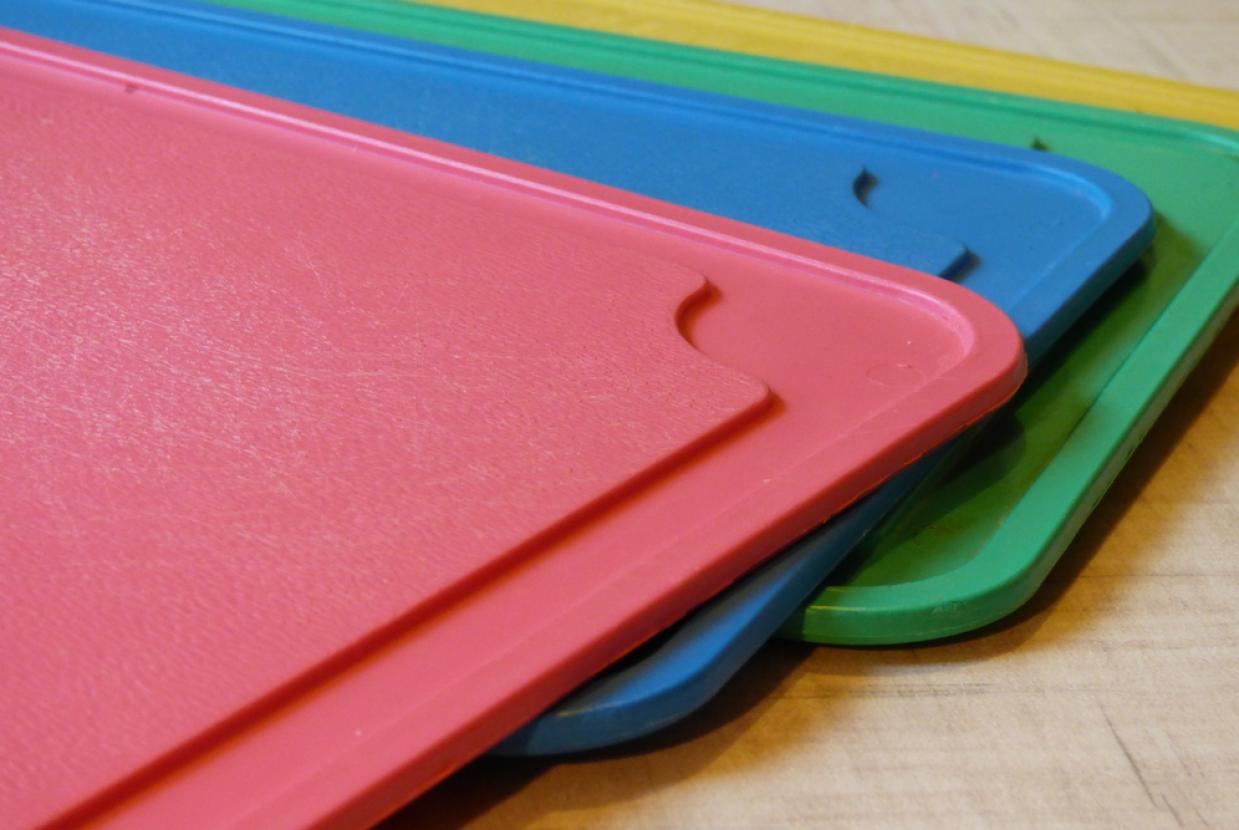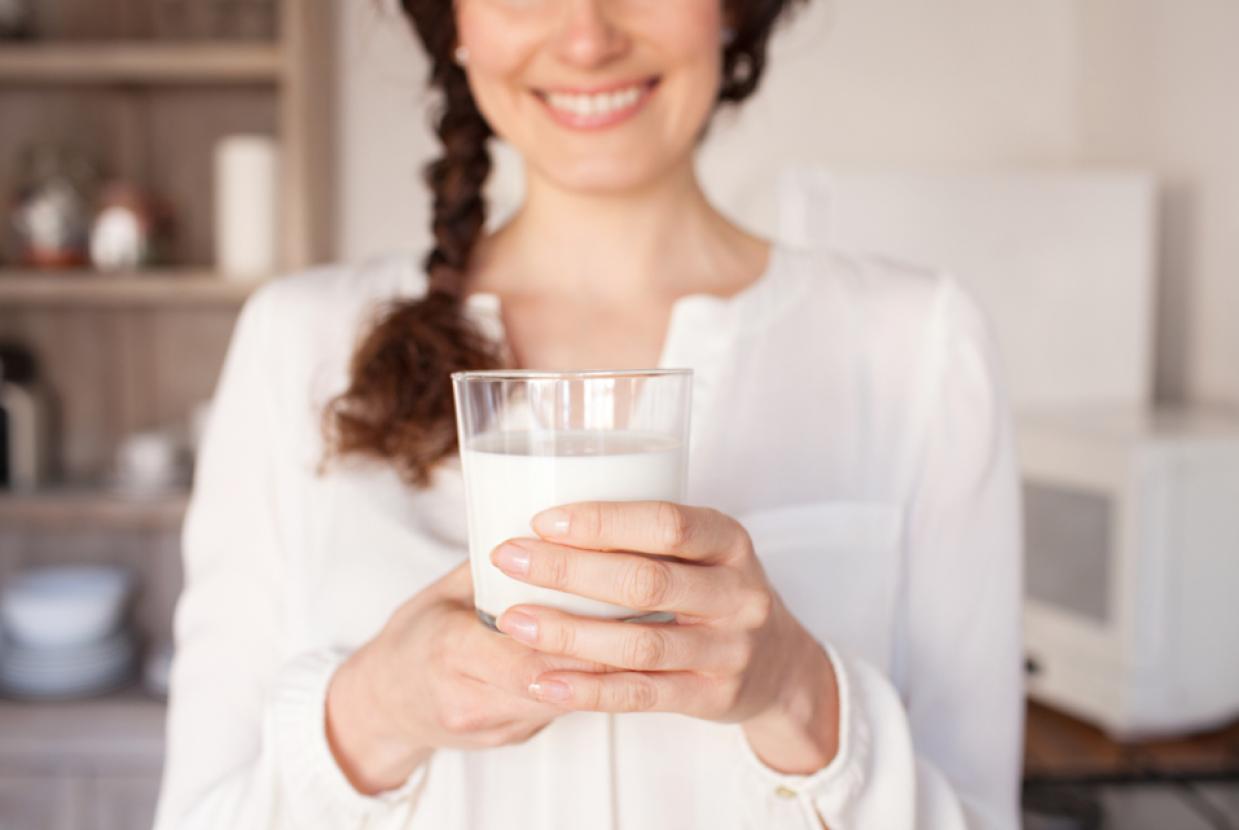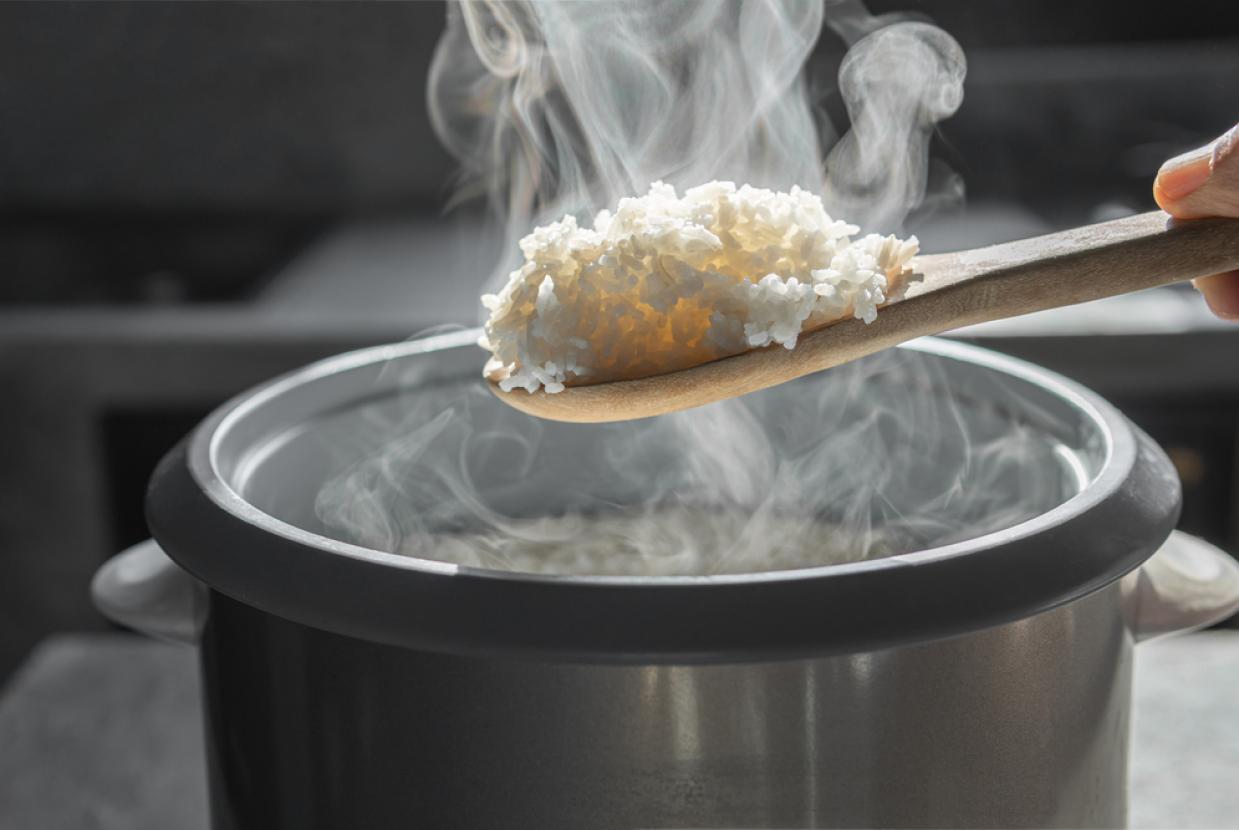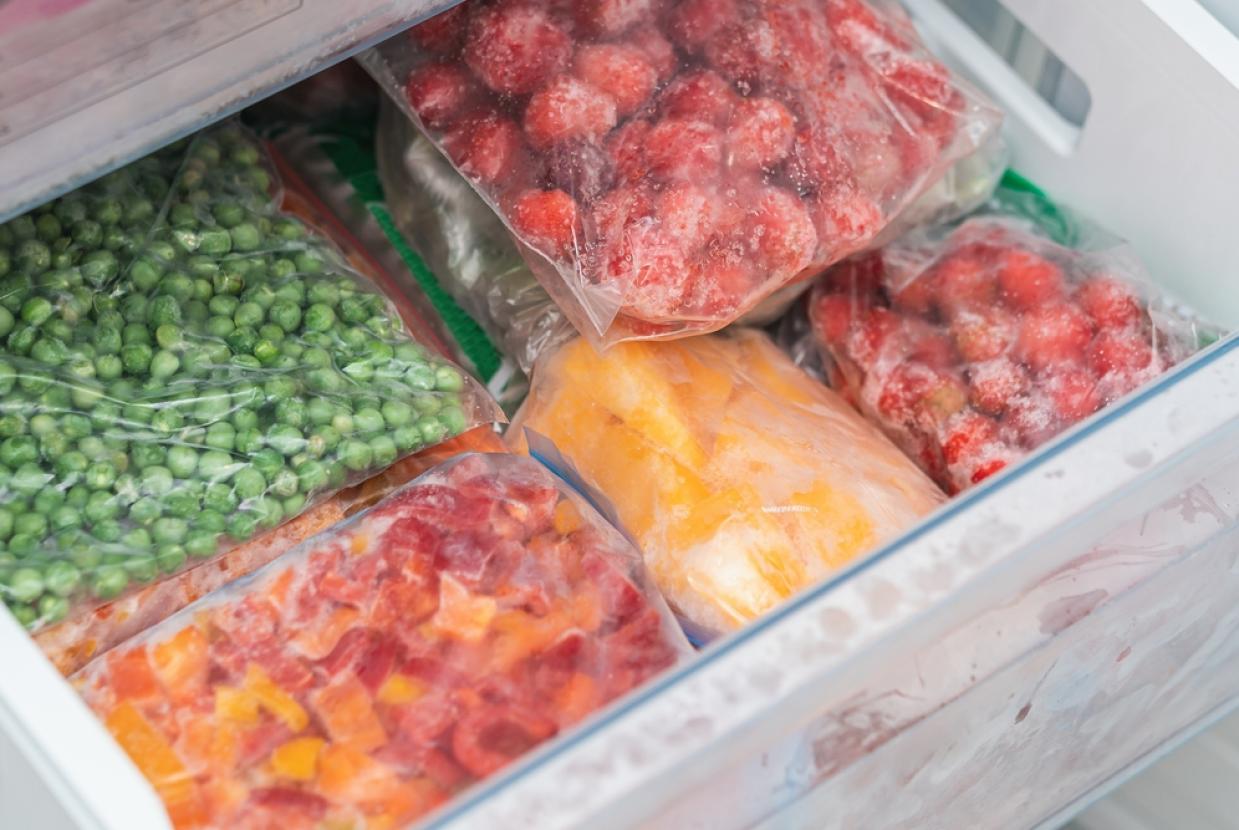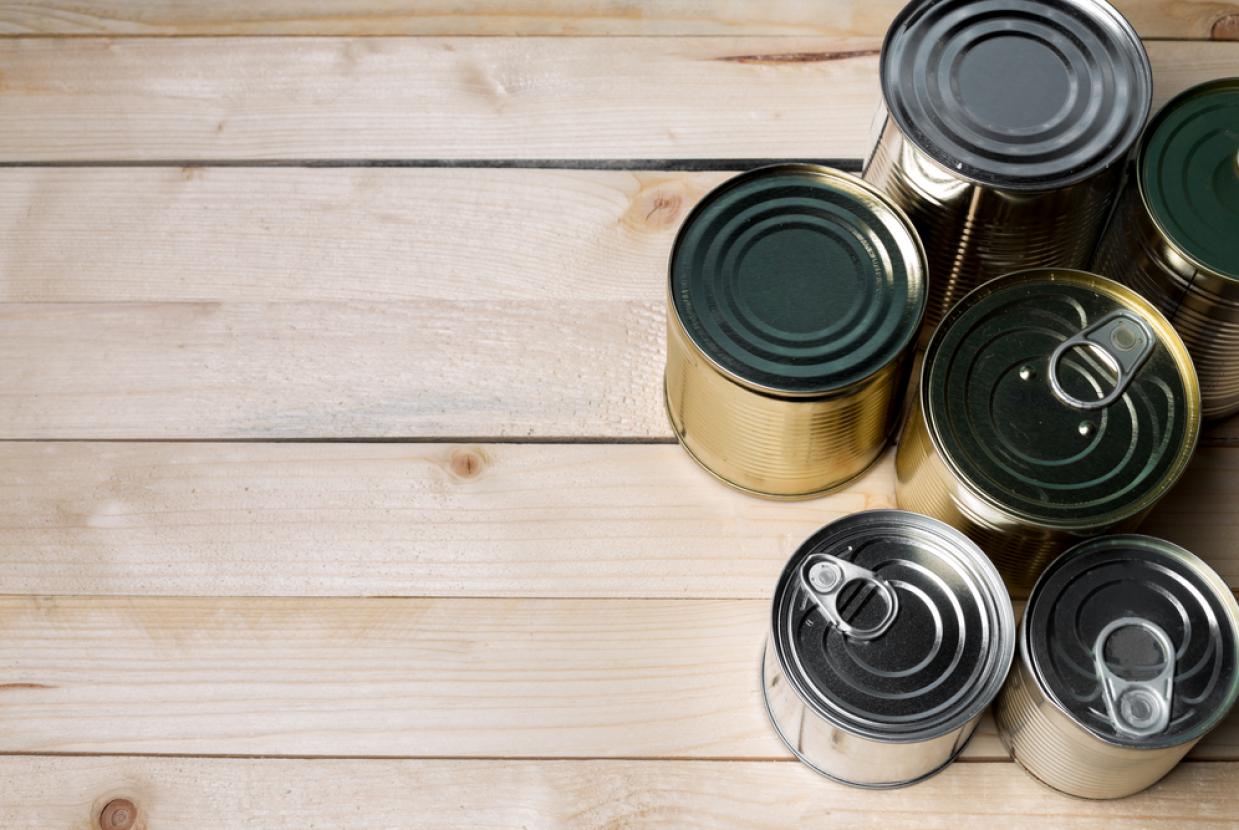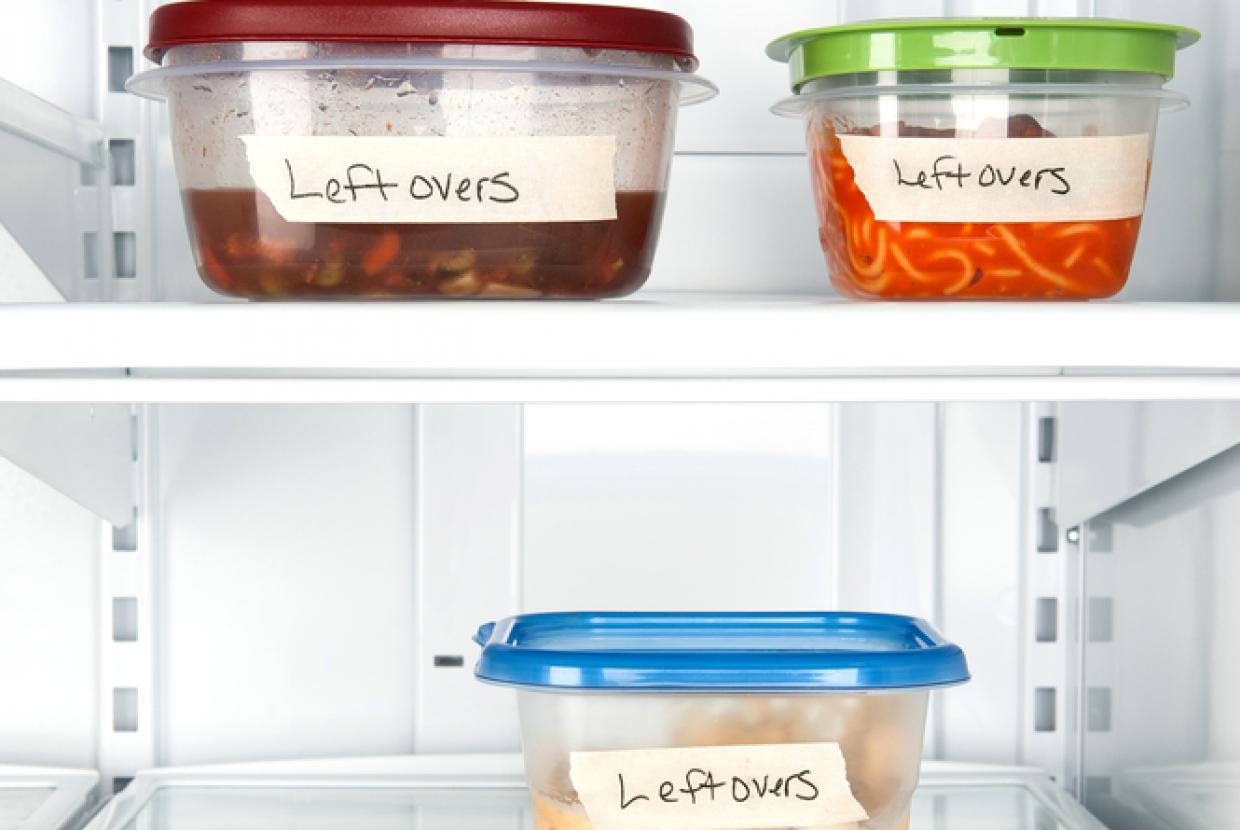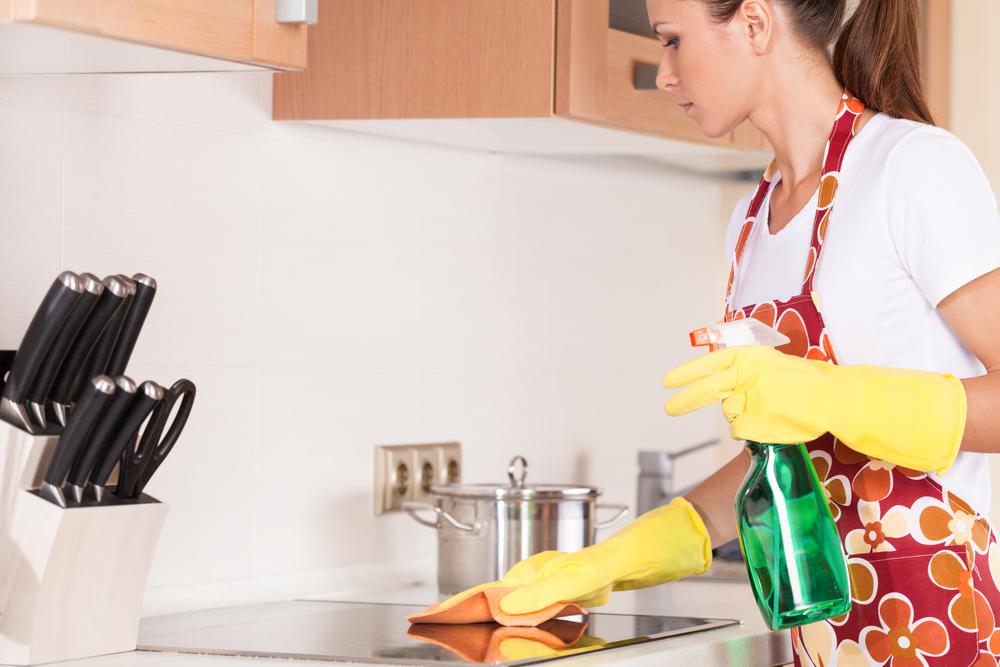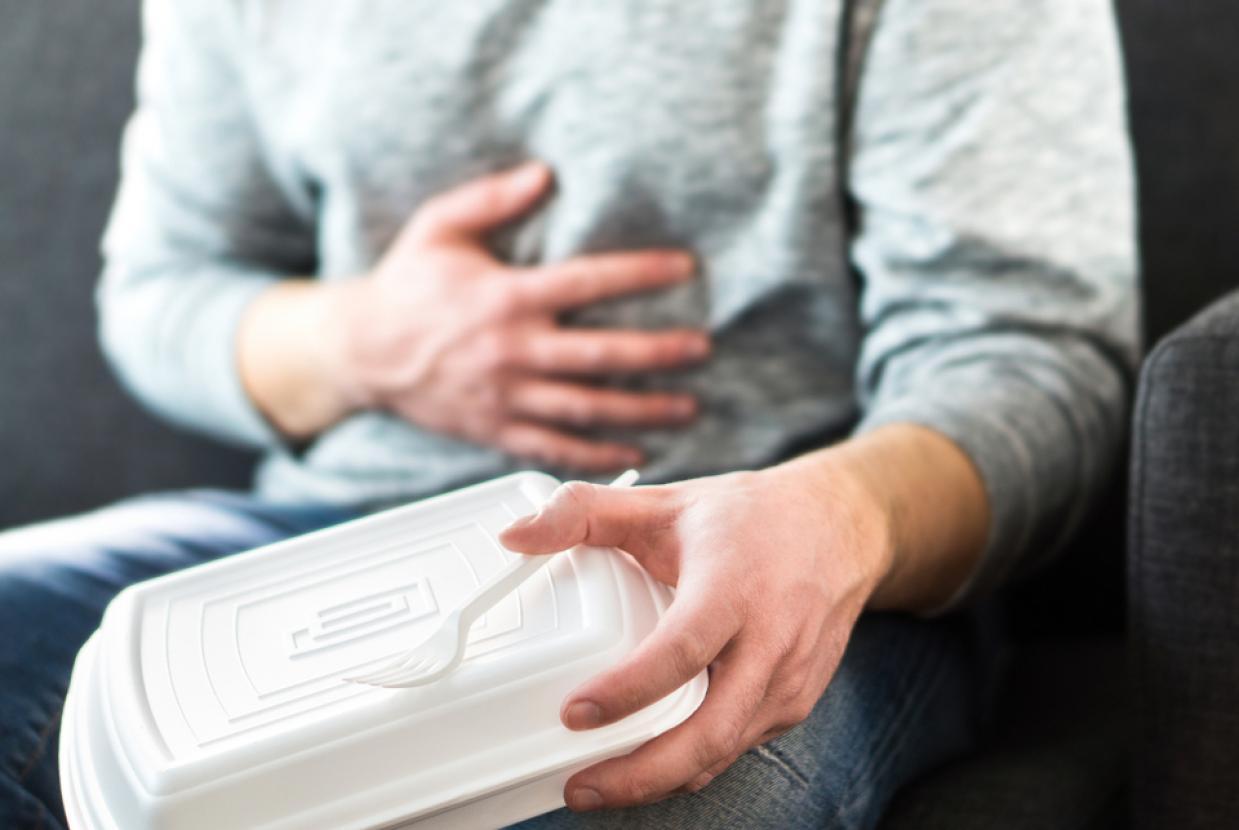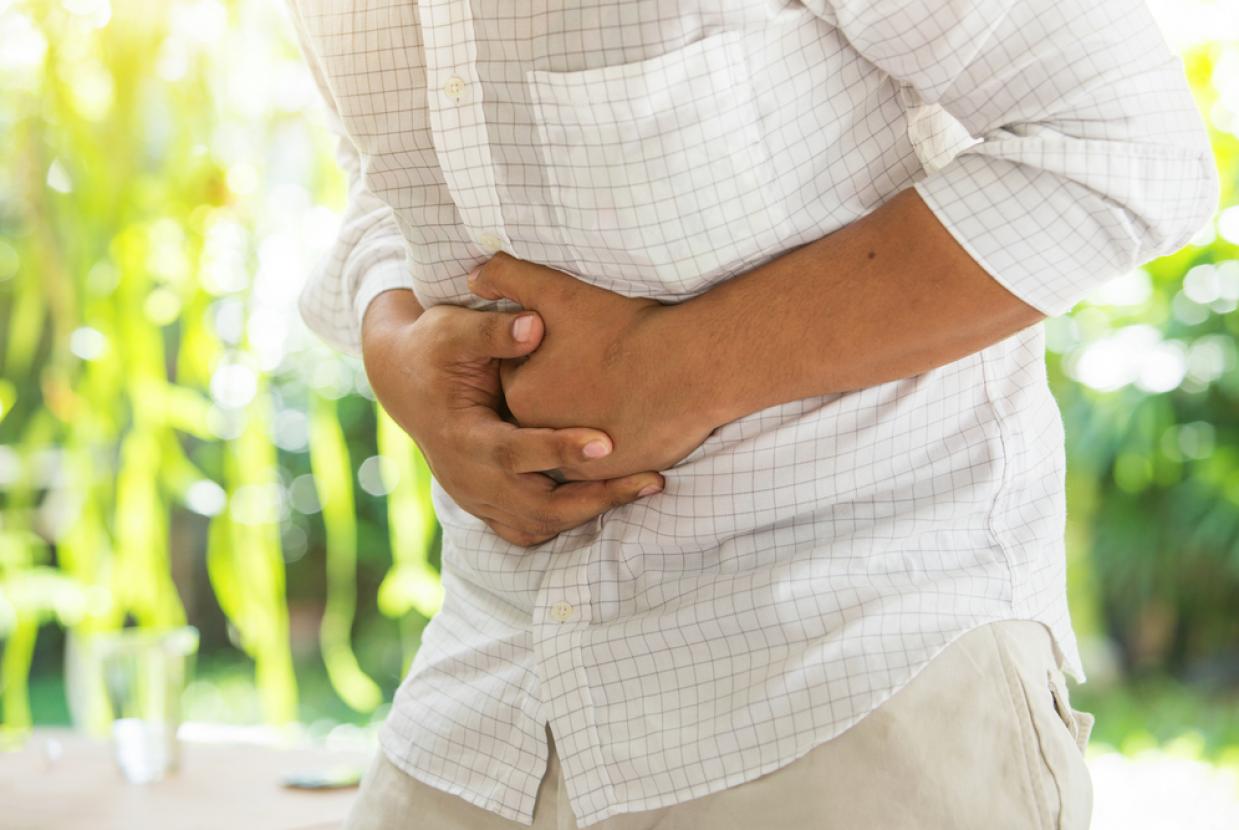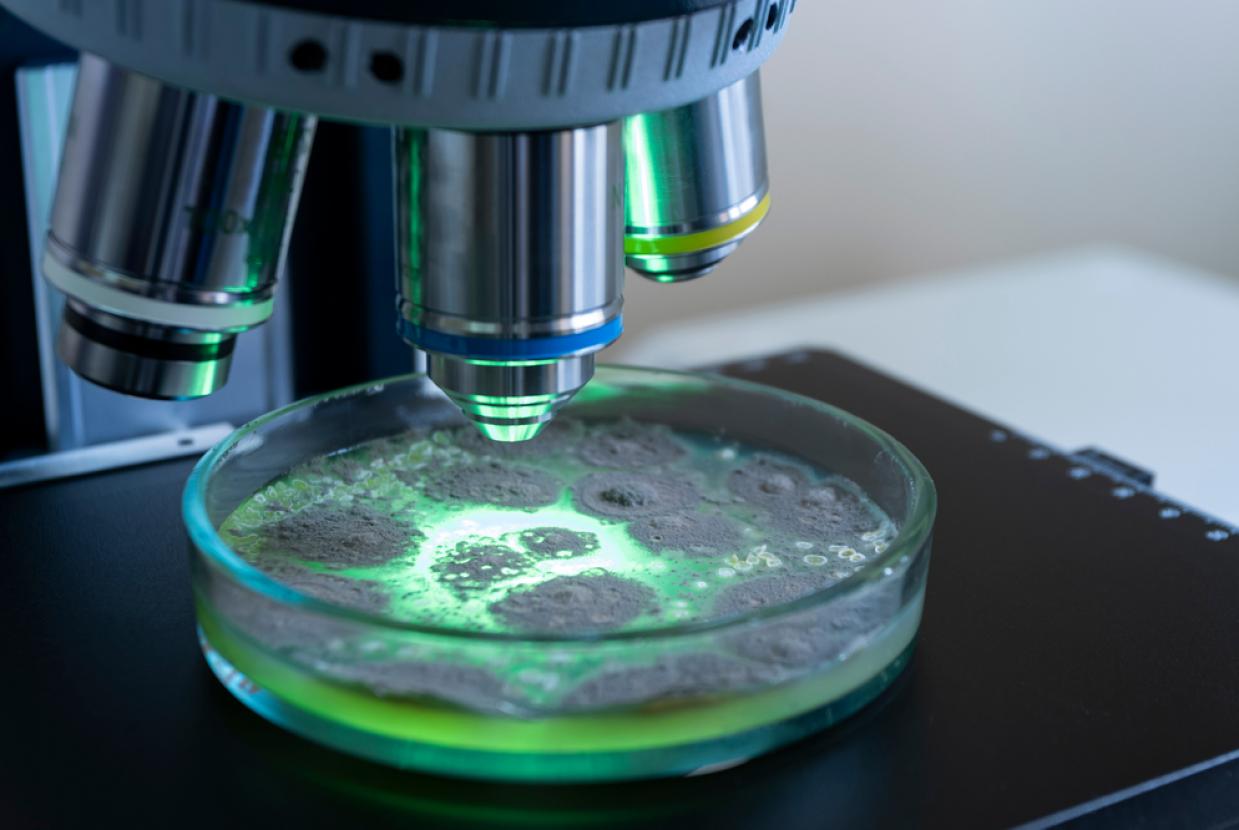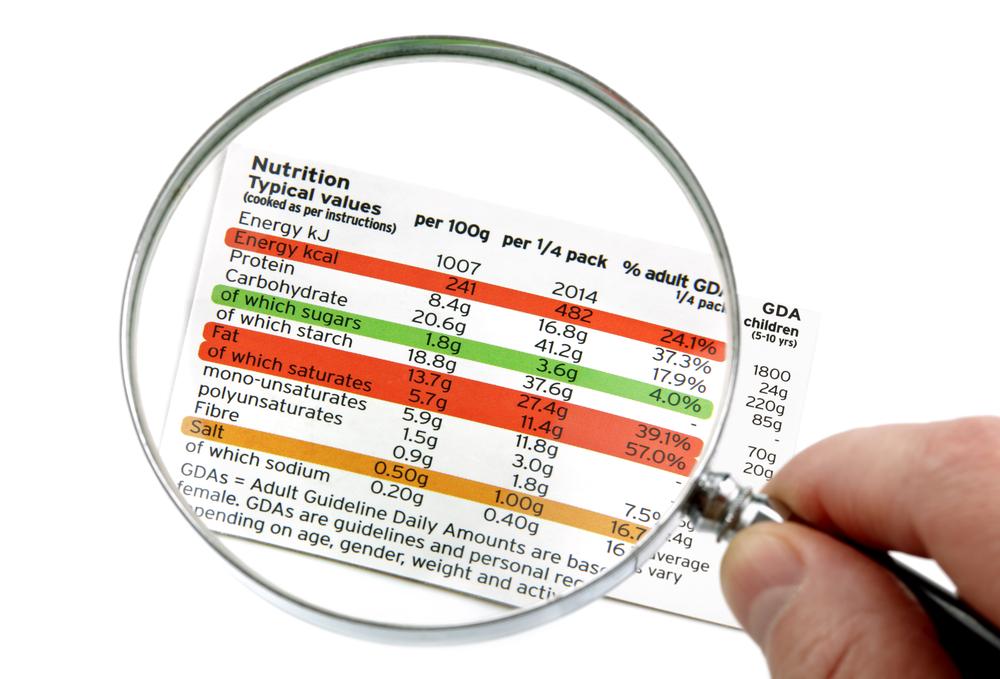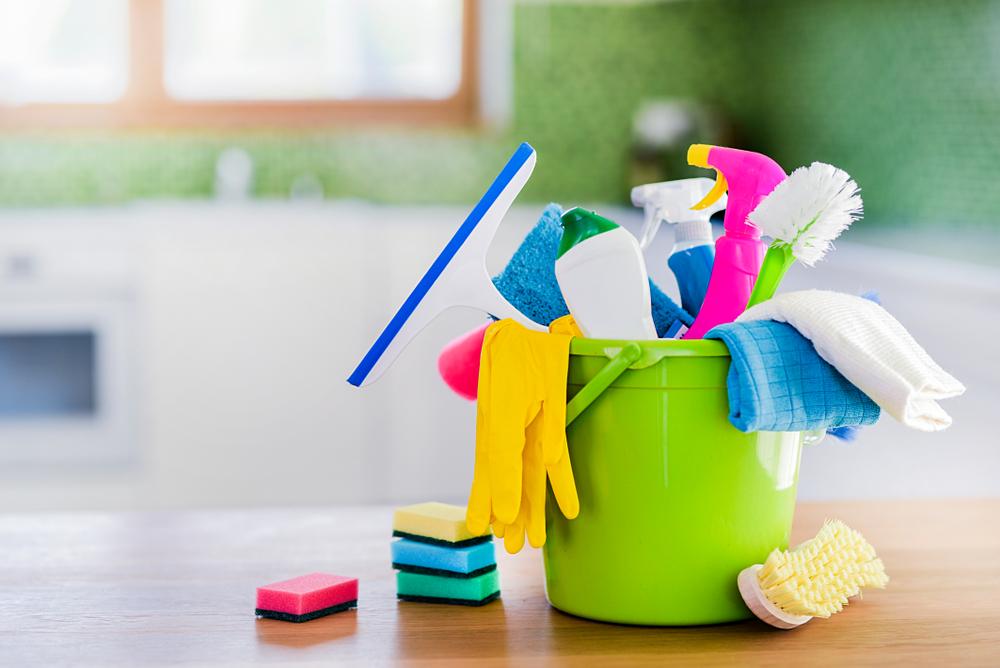How To Wash Your Hands
Washing your hands is one of the easiest ways to protect yourself and others from illnesses such as food poisoning and flu.
But what's the best handwashing technique?
Washing your hands properly should take about as long as singing "Happy Birthday" twice (around 20 seconds). Use the following steps from the World Health Organization while you hum:
1. Wet your hands with water (warm or cold).
2. Apply enough soap to cover all over your hands. You can use alcohol-based handrub if you don't have immediate access to soap and water.
3. Rub hands palm to palm.
4. Rub the back of your left hand with your right palm with interlaced fingers. Repeat with the other hand.
5. Rub your palms together with fingers interlaced.
6. Rub the backs of your fingers against your palms with fingers interlocked.
7. Clasp your left thumb with your right hand and rub in rotation. Repeat with your left hand and right thumb.
8. Rub the tips of your fingers in the other palm in a circular motion, going backwards and forwards. Repeat with the other hand.
9. Rinse hands with water (warm or cold).
10. Dry thoroughly, ideally with a disposable towel.
11. Use the disposable towel to turn off the tap.
How often should we wash our hands?
We should wash our hands:
- after using the toilet
- after handling raw foods like chicken, meat and vegetables
- before eating or handling ready to eat food
- after having contact with animals, including pets
Why is it so important to wash hands properly?
Washing your hands properly removes dirt, viruses and bacteria to stop them spreading to other people and objects, which can spread illnesses such as food poisoning, flu or diarrhoea.
"Hands are easily contaminated with faecal bacteria [poo] when going to the toilet and this can be easily spread on to other things you touch, including food," says Professor Jeremy Hawker, a consultant epidemiologist at Public Health England.
Who is most at risk from the effects of poor hand hygiene?
Children are particularly at risk of picking up infections and spreading them to other people. It's especially important to make sure that hands are washed when you're visiting someone in hospital or other healthcare setting, to help prevent the spread of infection.


